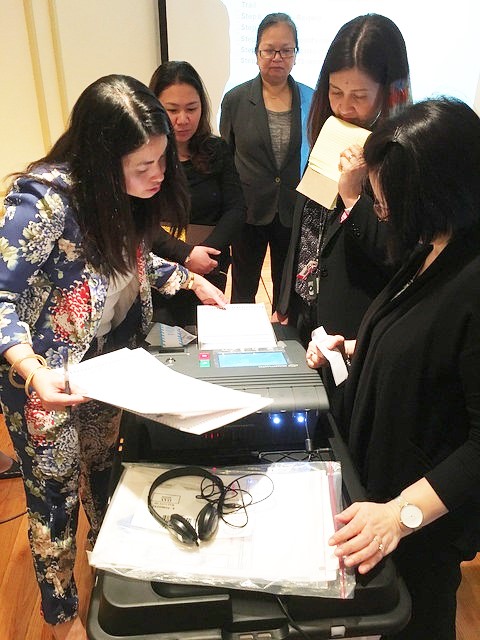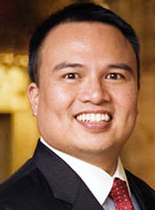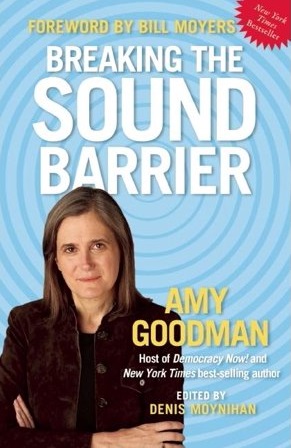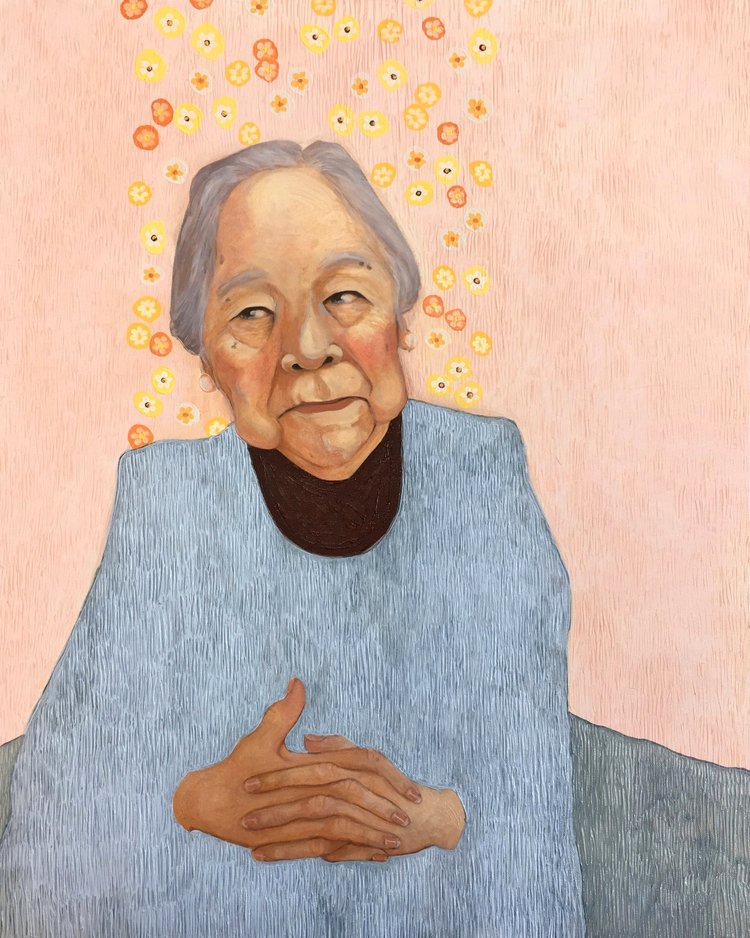The election of Imee, the rise of Chel
Cristina DC Pastor
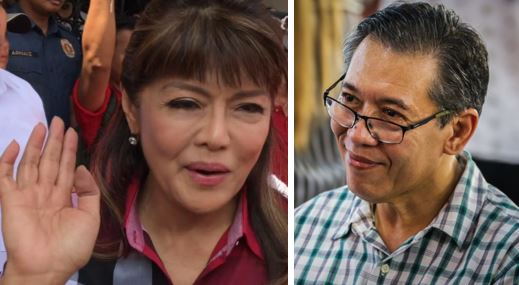
A generation ago, Filipinos were willing to die for the country.
We had martyrs — Ninoy Aquino, Evelio Javier, and countless activists — for the cause of restoring democracy. We had daily confetti rallies, and wearing yellow was not a political curse. We had the ‘mosquito press,’ like Malaya, that shone a light on many of the human rights abuses.
In 2019, Imee Marcos is now an elected senator. There is very little agitationthat her family is back in power. Her mother and her brother are basking in the political limelight, and her younger sister is cutting ribbons to arts exhibits. One of her sons, who was a little boy when the family was allowed to come home in 1991, was recently elected governor of Ilocos Norte. The whole caboodle is back, like they were never chased out by irate Filipinos and retreated into Hawaii as political exiles.
Bullying?
Nothing stuck against Imee. Not the kleptocracy of her parents, not the killings during the regime of her father, not even the bald-faced lies about her academic credentials. If anything, the last appeared to have given her candidacy a boost as she came across as a “victim of bullying.”
People ask: Where’s the outrage? A lot of it, it seems, is limited to social media and across the Diaspora, but nothing on the streets in the Philippines. Nothing that came close to a time in our history when protest after protest eventually led to the end of the Marcos regime.
“The Marcoses are still sooo popular. Look how Imee is now a senator, no sweat. Branded talaga sila,” says one Filipino woman on Facebook.
How is it that Imee Marcos got the political approval of Filipinos?
Many theories emerge much of it a pivot to time and how it heals all wounds of the past. Others are of the opinion that compared to today’s insatiable politicians, the Marcoses were saints! There is also a lot of finger pointing: The ‘masa’ for allowing themselves to be bought, the Millennials for not learning the lessons of history, the Elite for enabling patronage and corruption.
Brownouts and ballots
The government was accused of cheating in the polls, manipulating the computers to shut out the meager opposition candidates from any seat in the Senate. The signs were there, from the power outages during the critical count to photos of peso bills being passed around with sample ballots.
Mathematically, it would seem impossible that no opposition candidate – not the enormously popular lawyer Chel Diokno or the incumbent Senator Bam Aquino — made the Magic 12. The Comelec final count showed an all Hukbong sweep!
Remember how in 1986, conscience-stricken Comelec personnel at PICC walked out because of the massive cheating during the Marcos vs. Cory snap elections? This, the almost daily protests, the killing of Ninoy Aquino were the sparks that built up toward a crescendo that climaxed in the 1986 revolt that overthrew the Marcoses.
Today, there is no organized opposition. One who is emerging is the self-effacing Chel, a human rights lawyer who provided this response: “Tomorrow we’ll start again…I see no other option but to continue fighting.”
While his words offer hope, the writings of Robert Pirsig, author of the “Zen and the Art of Motorcycle Maintenance,” should resonate as well to remind us that “if a revolution destroys a systematic government, but the systematic patterns of thought that produced that government are left intact, then those patterns will repeat themselves in the succeeding government.”
© The FilAm 2019





